The topic of Brand is one which is tackled on many platforms, discussed in various forums and generally given a whole lot of virtual column space.
Rather than risk simply adding to the mass of content already shared on the subject, I wanted to focus a little more precisely on how important a part Brand Values play in the conversion of prospects to customers.
Now, we all know that there is much said about Millennials and how their attitudes are causing Brands of all sizes, led by the bigger, deeper-pocketed ones, to rethink their advertising and marketing strategies. There are two main areas which tend to be discussed; the first being the fact that this newer generation seek experiences over material possessions and the second having more to do with expected accountability. By this I mean that Millennials are much more likely to investigate the credentials of a major organisation and decide if their activities are to be applauded – or on the converse side, condemned.
There are, and always have been, extreme examples at both ends of the scale. Thinking back to times pre-2000 (apologies Millennials if this is beginning to look more like a history lesson now…), we can all think of companies which were either bathed in glory for admirable contributions to society or shunned in shame for something less-than-clever which we all learned about on the 10 o’ clock news. Pre- Internet there was a chance that swathes of the population would remain blissfully unaware of anything other than planned, positive publicity. In this more information-accessible age we have a far greater chance of knowing the more intimate details about CEO’s and their corporate shenanigans.
Extremes aside, there is certainly much more of an appetite amongst the general, buying public to know more about where a Brand comes from, what it stands for and how it is contributing to society in general. The most important facts may be those relating to environmental impact, corporate social responsibility or even geo-political leanings, depending on what is high on the list of priorities or concerns of the audience being reached.

In my day-to-day life as a Conversion Specialist, the only issue which ever causes me significant concern is when a Brand expects to forge strong relationships with potential clients when their values are not aligned in any way at all. Most seek to increase sales; some by improving their initial audience engagement, some by increasing their conversion rates. Without an existing close correlation of values, even the best marketing agency in the universe could spend copious of amounts of time and budget trying to fix something which, an all honesty, is essentially unfixable.
If there is no common ground from which the Brand: client relationship started, then it is difficult to force one at a point later in the buying journey. When the potential customer feels no connection to the company or the product then they are making decisions based more on a practical level than on an emotional one. Without the more sentimental input which is most often linked with impulsive or impetuous purchases, there is more focus on whether the product really is the best one available or if the Brand in question is the only supplier to consider. From a marketeer’s point of view, this is where the route to sale starts to get a little rocky in nature and conversions significantly suffer.
So, what can be done to bridge the ‘values gap’ and bring buyer and seller harmoniously together? In my humble opinion, nothing – if there really is no synergy there to begin with. Whilst there may be an occasional ‘lucky sale’ which sneaks through due to an unforeseen quirk, the most fruitful audience (and the one which will support the Brand in many fortuitous ways) is the one who have a genuine connection with the Brand. Starting from common ground, the task of convincing and converting is a much more pleasant and profitable one.
It is perhaps important to note at this juncture that, despite the temptation to do so, corporations can’t simply ‘invent’ a persona to trick the public at large into believing they are something which they very obviously are not – indeed there are examples of Brands who have fallen foul of this and paid a significant price for doing so. A blog post for another time perhaps…
Smart Brands align themselves with their target market. Yes, they get to know what matters to their audience, but the chances are that their own ethos is one which will naturally appeal to them anyway. Their smartest move is that they do not allow their values to be lost within the mechanics of marketing and for that reason their natural affinity with the audience survives and thrives. Often the overwhelming impression that consumers get is one of a group of individuals following their passion and living their dream and this impression is one which not only resonates but also encourage buy-in. Provided that messaging reflects and expresses the most important aspects of what they believe – their raisons d’être if you will – then this will result in a natural articulation which appeals to and impresses the right people in significant number. They are not pretending to be anything they are not, they are simply resisting the sometimes overwhelming temptation to over-market and chase conversions rather than stick to their principles.

It’s ultimately about identifying and defining genuine core values and then finding a strong voice on the right platforms to relay them to the market who will appreciate them most. Savvy marketeers and conversion specialists (and we might just know of such a professional) can then ensure that from that point on, the mutual relationship is nurtured. This not only results in impressive conversion rates, but also in genuine Brand loyalty – a very, very valuable resource indeed.

